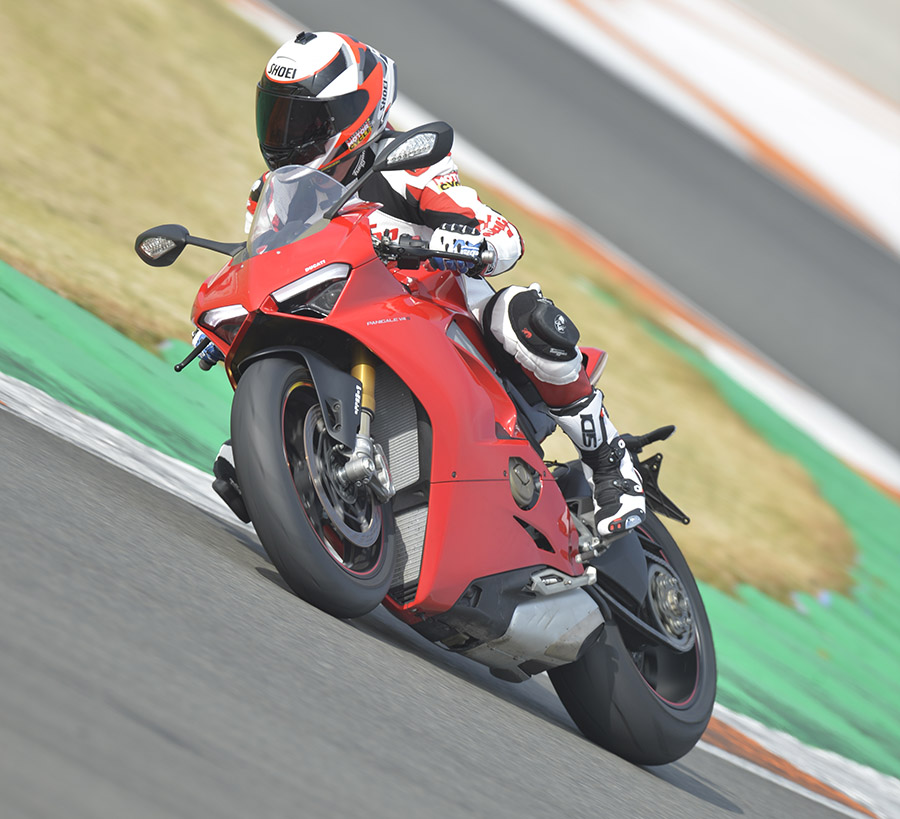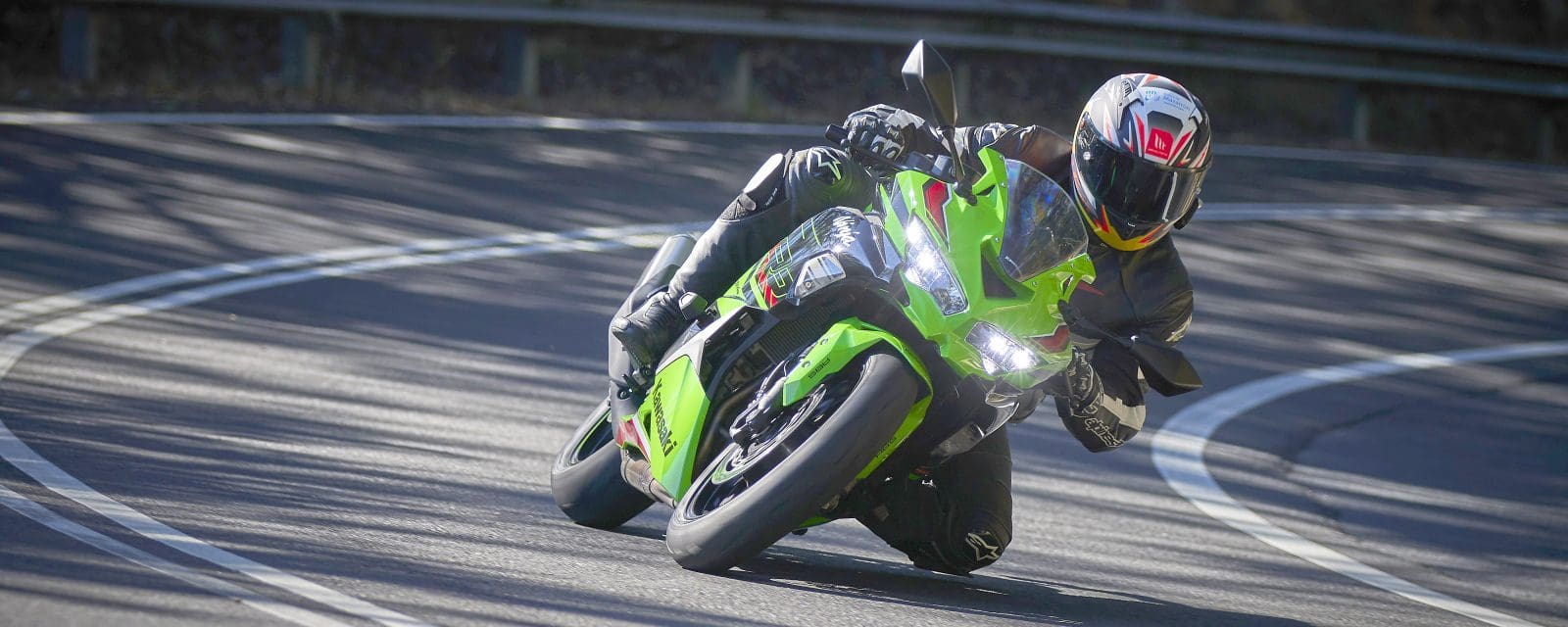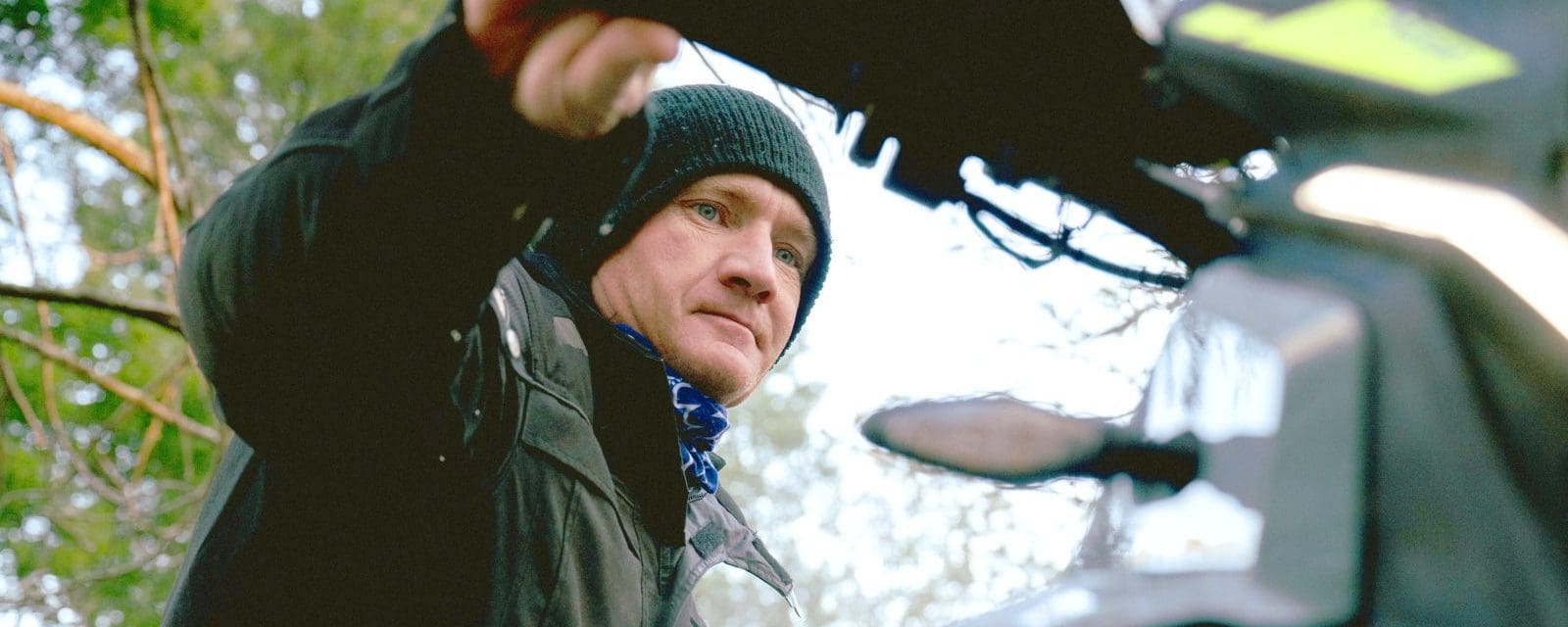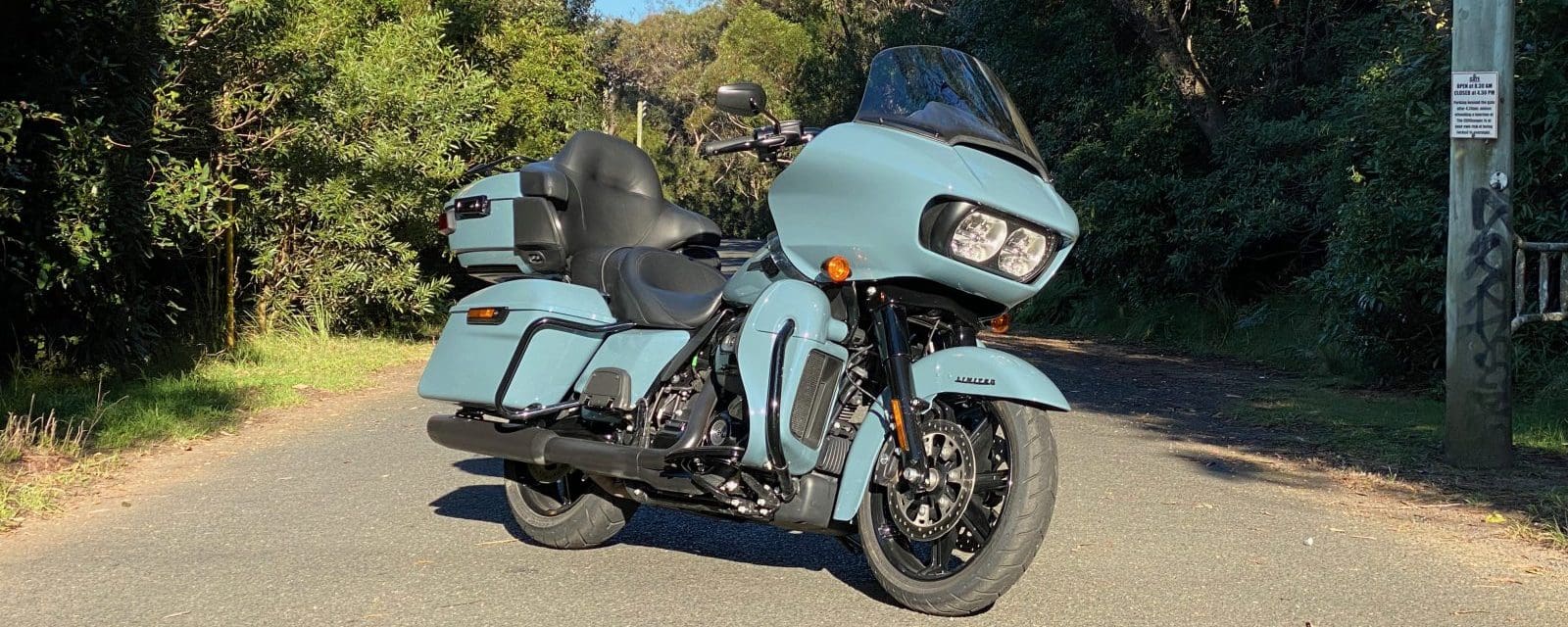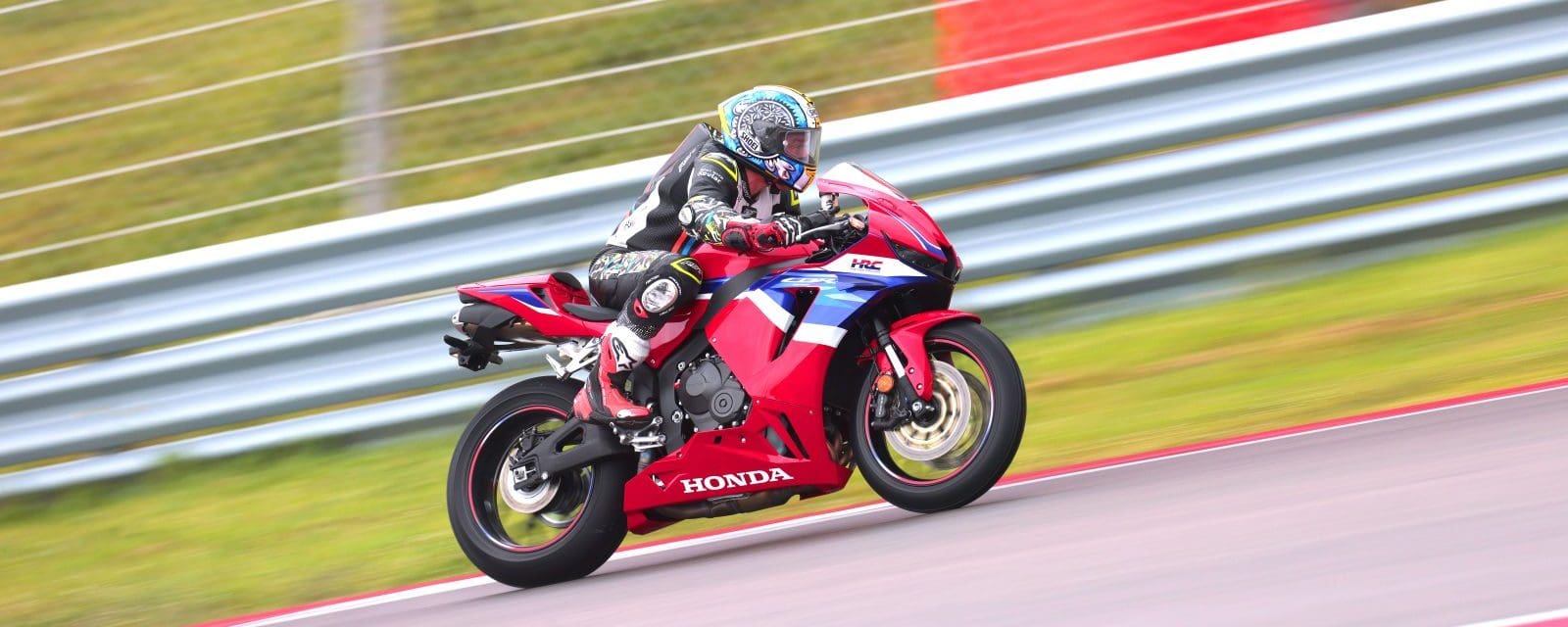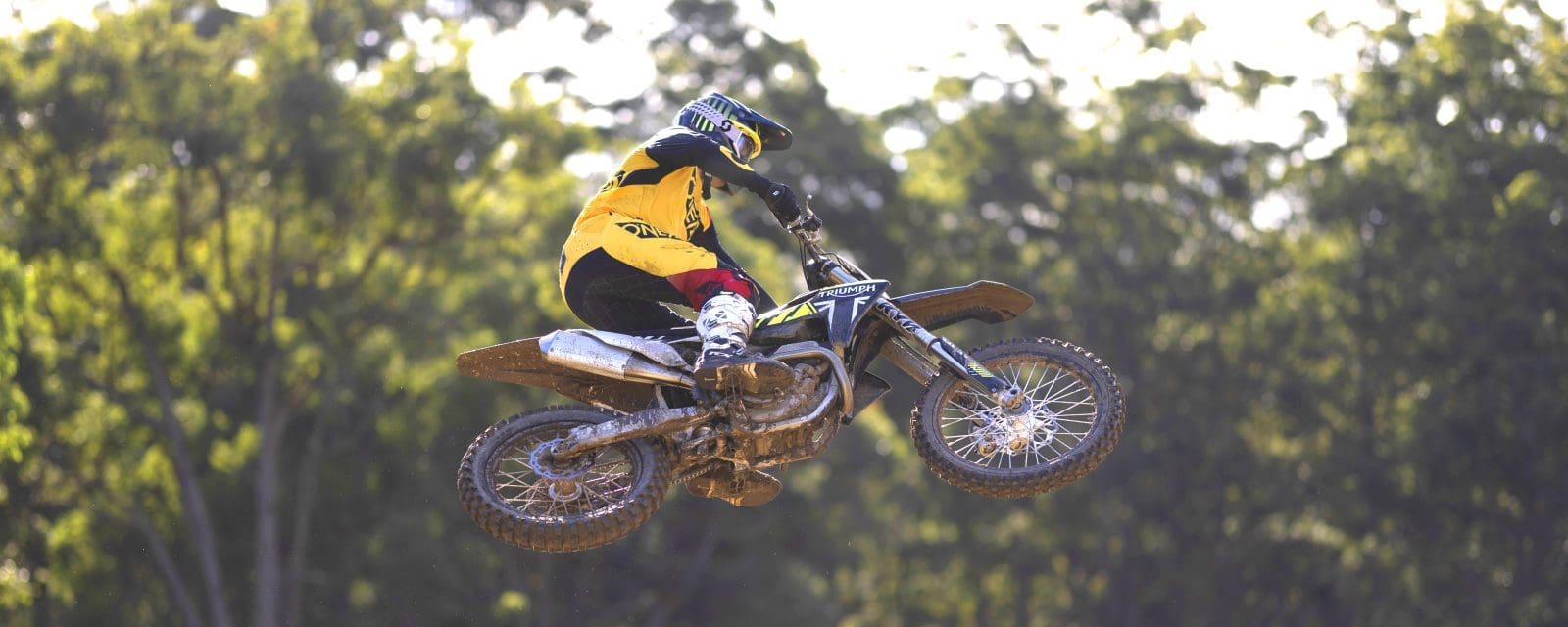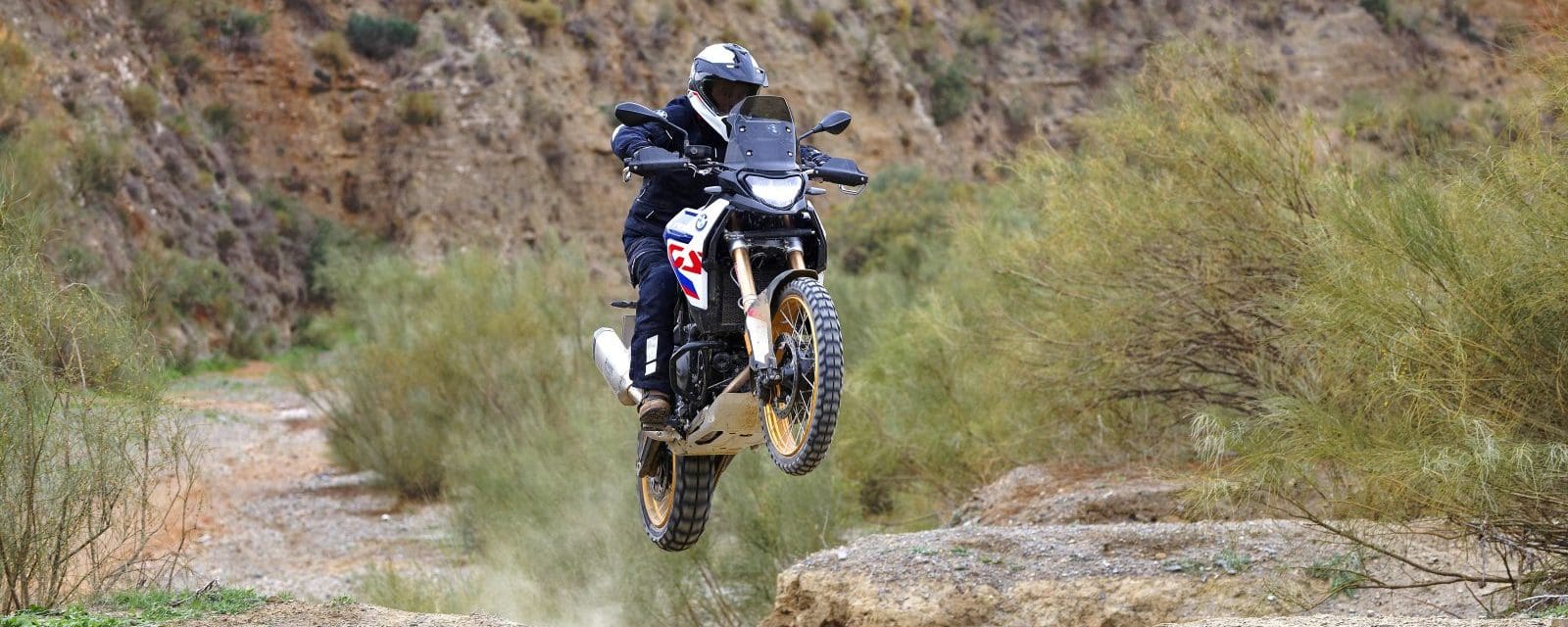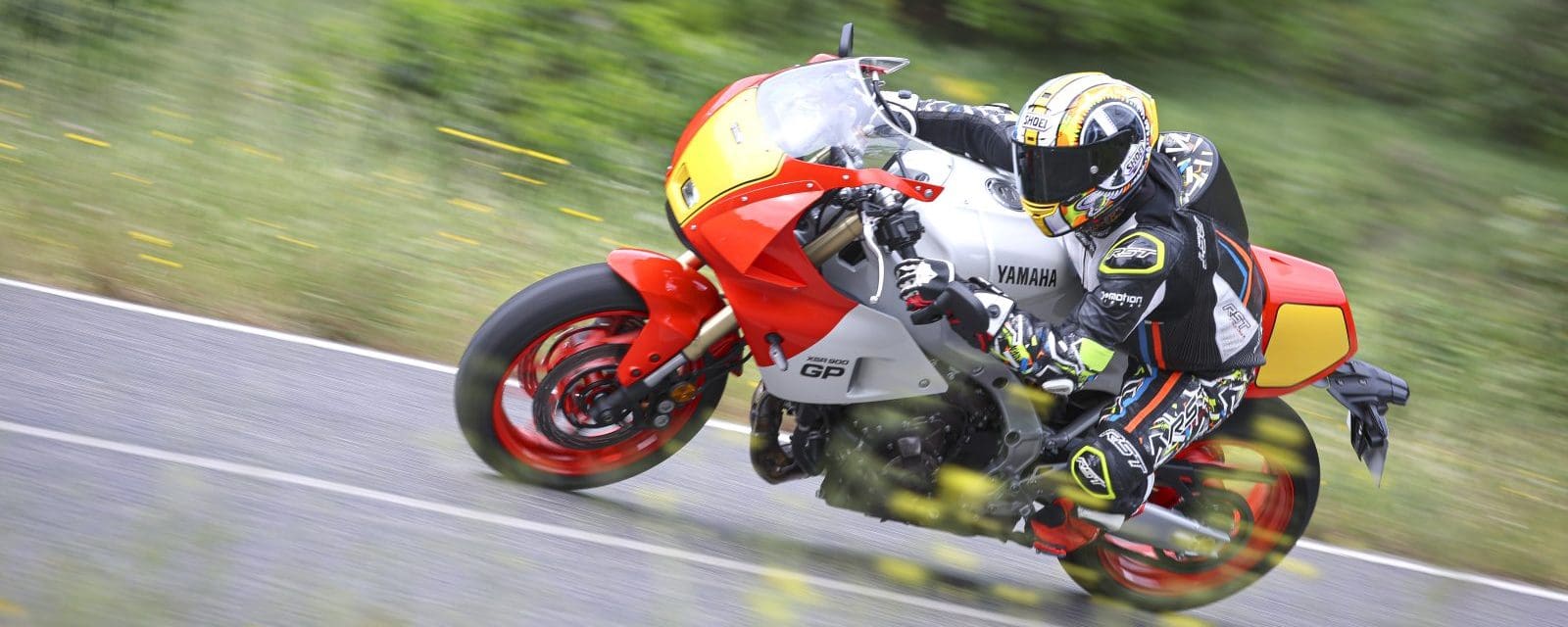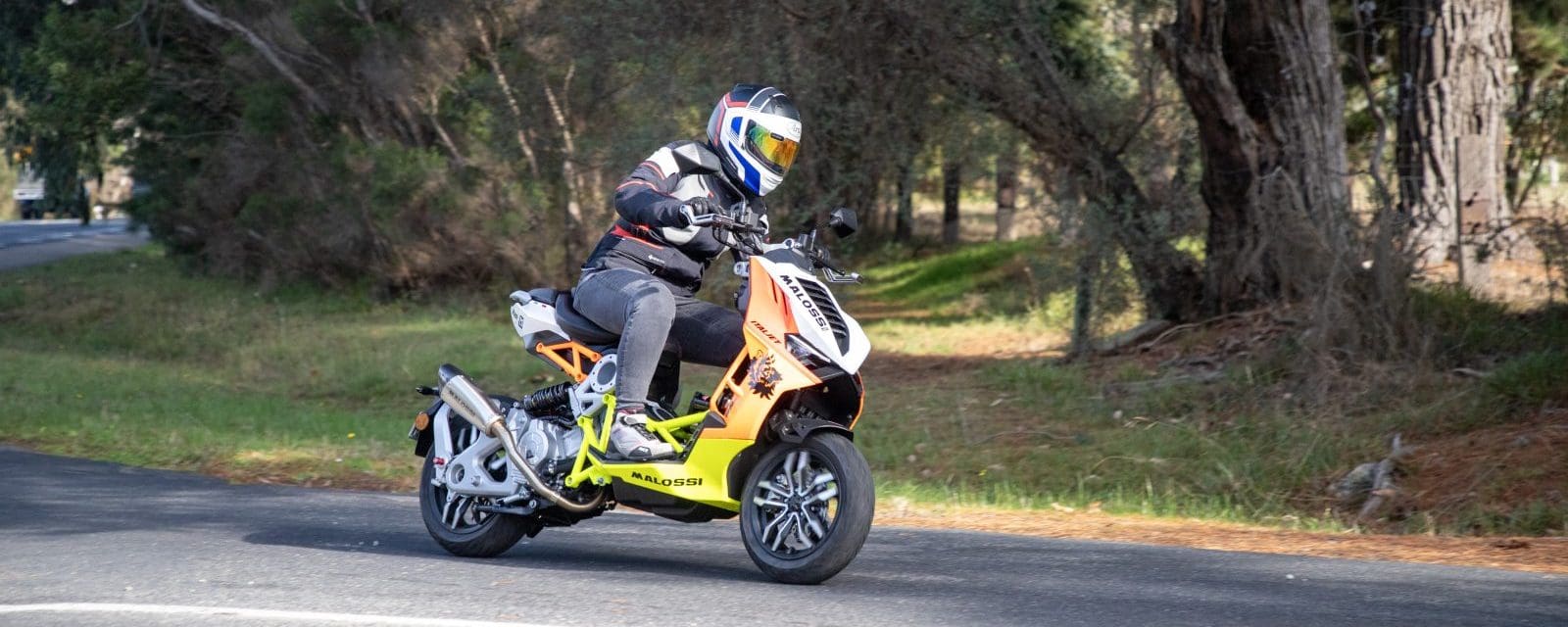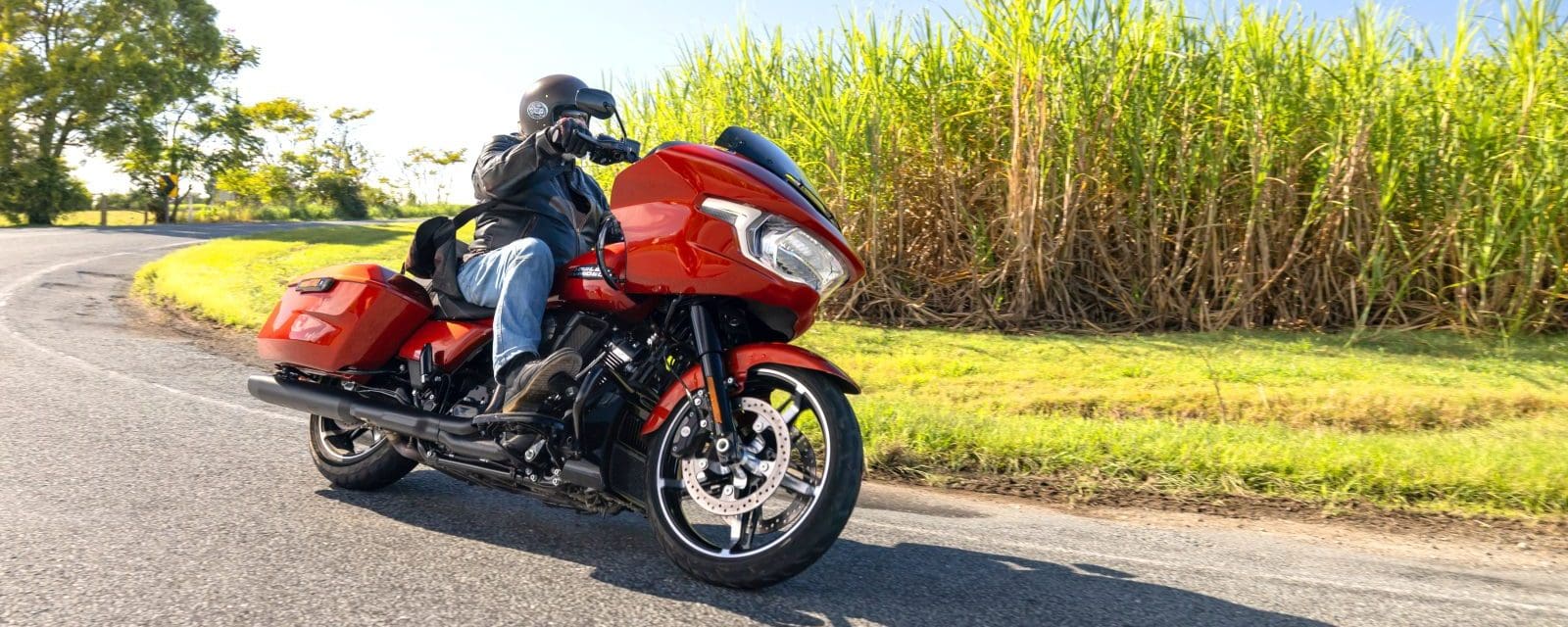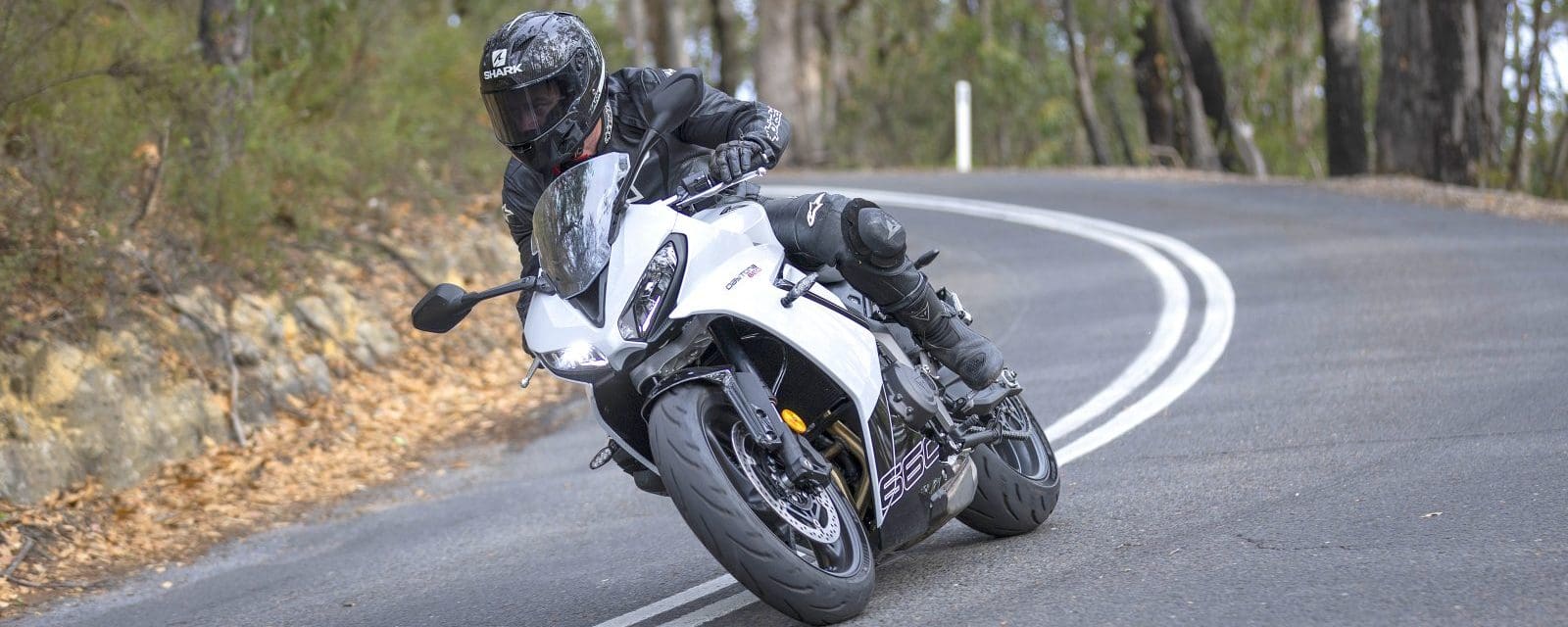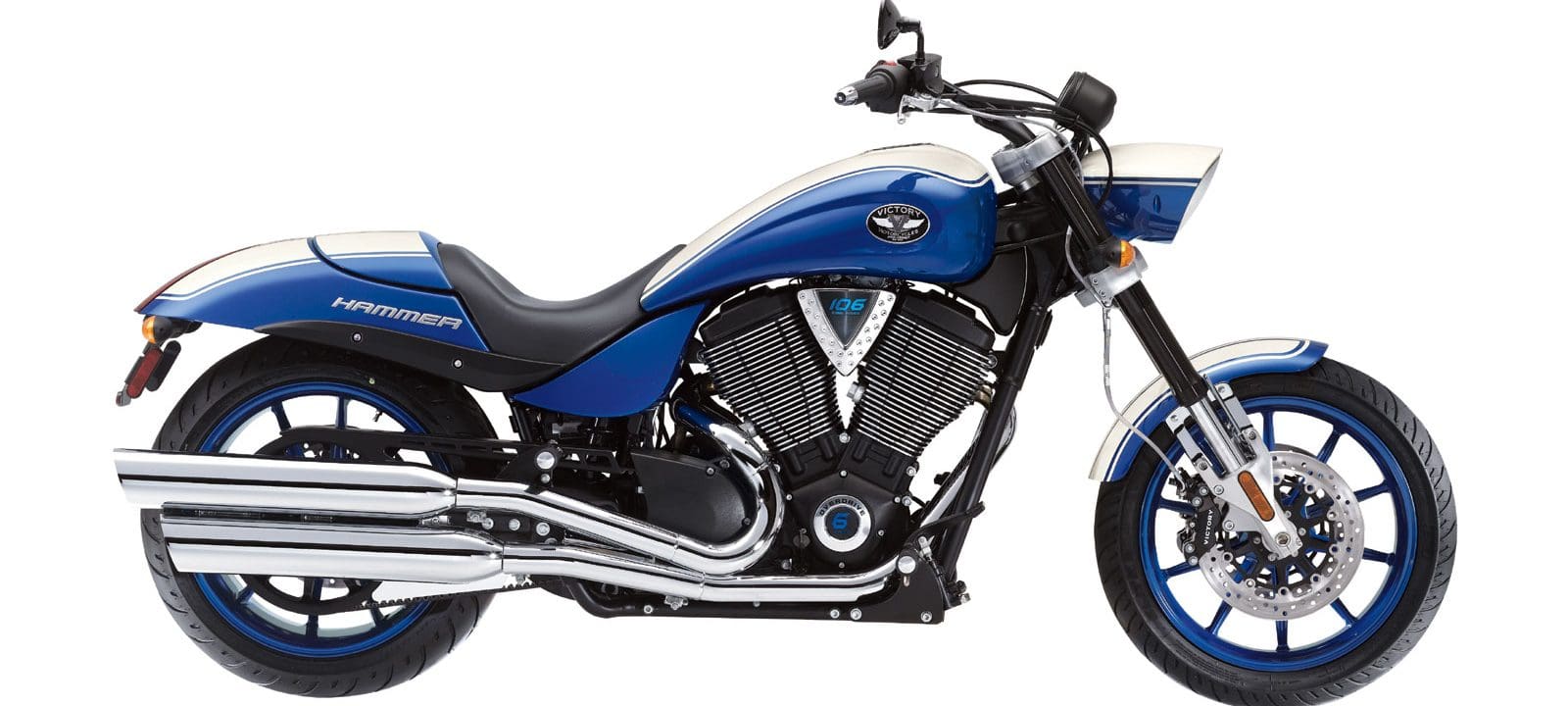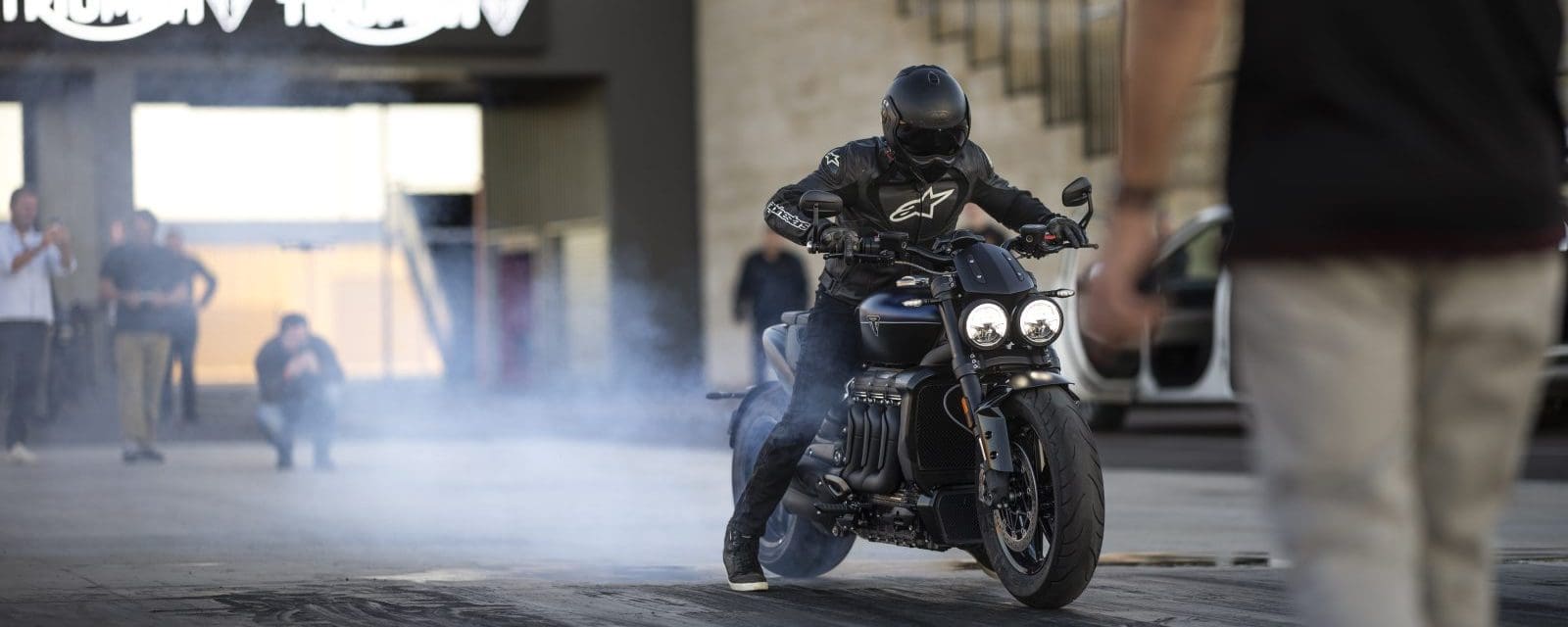Fresh off the bike at the end of an exhausting day thrashing it around the Circuit Ricardo Tormo, I’m happy to report it has delivered.
A day of punting a production superbike around a billiard-table smooth circuit at excessive speeds does not offer a true representation of how the bike will perform on the road, that’s going to need to wait for our first ride back in Australia, but as a performance bike, the new Panigale is mind-boggling good.
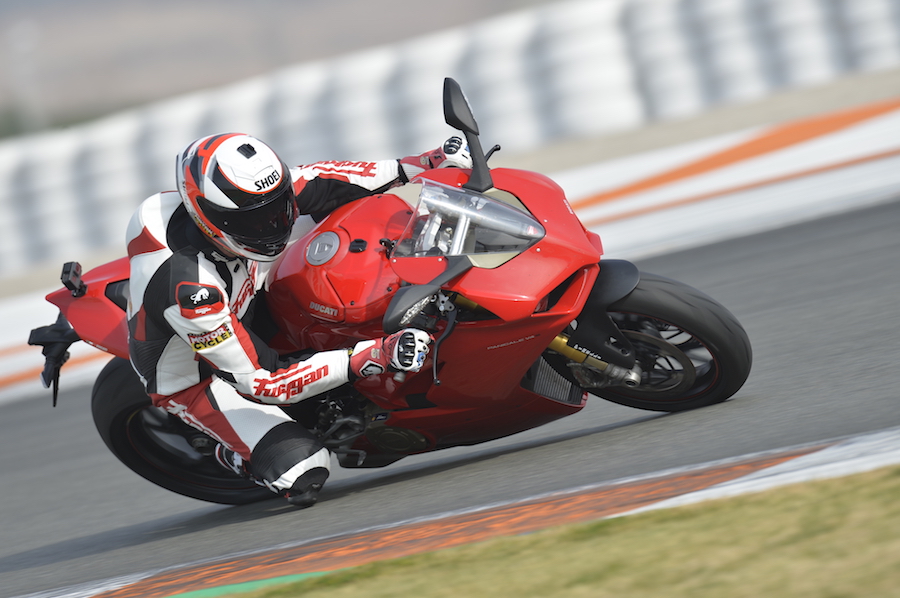
Leading up to the launch, the headlines were about the numbers from the MotoGP-derived machine; 1103cc, 157.5kW (214hp) and 195kg (kerb), but the real story of the new Panigale is its electronics. Just about everything is adjustable via an easy-to-use interface displayed on the five-inch TFT screen – and it is super smart.
A six-axis Inertial Measuring Unit (IMU) coupled with Ducati’s latest evolution software, not only provides the as-expected lean-angle sensitive ABS, wheelie control and traction control; it also teaches you how to become a better rider. The two-level Slide Control software works with the rear ABS and allows you to mash the rear brake into a corner and have a crack at backing the bike in. Get too much out of shape and the system will intervene and put everything back on the straight and narrow. As your skills improve, you can dial out the intervention. The same thing goes for power-sliding the rear, the bike helps you learn how to do it.
It’s the first launch I have attended where newbies to the art of backing-in and power-sliding where encouraged to have a real go. Looking at the state of the rear Pirelli tyres and the multitude of arcing black lines around the circuit, many did – and not a single bike hit the deck. Helping to fill riders with confidence is a chassis that offers excellent feedback and Pirelli tyres that refuse to release their grip on the track surface. And that is just the tip of the Panigale V4 iceberg.
Ducati’s Twin-Pulse ignition system, which fires the two left hand-cylinders in quick succession, followed by the two right-hand cylinders, gives the V4 engine a V-twin sound and characteristic at low revs, but it quickly morphs into its V4 form as the revs race toward the 14,500rpm redline. The power delivery gives you an idea of what it must be like to get fired out of a cannon and the power remains linear right across the rev range.
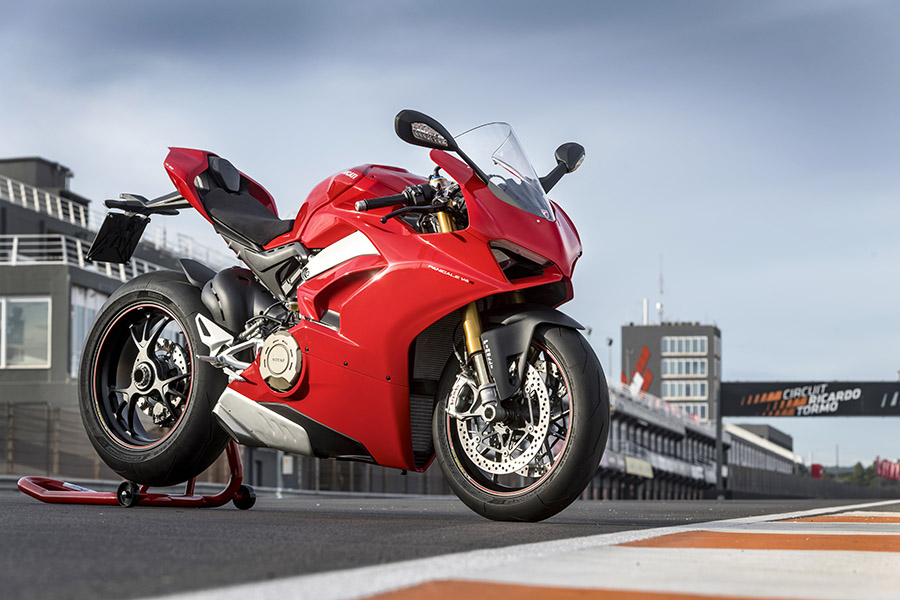
Crack open the throttle out of a corner and the wheelie, slide and traction controls are all working overtime; however, the intervention is so measured, the only way you know it’s happening is because you’re suddenly riding a lot better than you thought you could.
The 1299 Panigale, and those that came before it, were excellent bikes but there was a premium paid for the name – they were never going to win a value-for-money shootout. The Panigale V4 may challenge that notion. The base-model Panigale V4 will go on sale in Australia for $28,990, while the Panigale S we tested at the launch will retail for $37,495 (+ORC). Yep, that’s a stack of money for a motorcycle, but it’s chicken feed when you compare it to the Desmosedici RR which retailed for $100K 10 years ago. The Panigale V4 is faster and smarter than the Desmosedici RR and it contains a serious amount of Ducati MotoGP DNA.
It’s a bike that will provide those of us not blessed with race-winning genes the opportunity to get the most from a superbike – and ourselves – while also giving highly skilled riders a proper trackday machine that will meet both their expectations and desires.
(Check out the reange, features and pricing here https://amcn.com.au/editorial/much-ducati-panigale-v4-range)
Look for our full report from the Ducati Panigale V4 world launch in an upcoming issue of AMCN. Video footage from the event will be uploaded to the AMCN Facebook page over the next two days so check back for regular updates.
